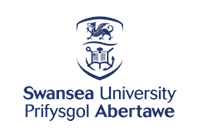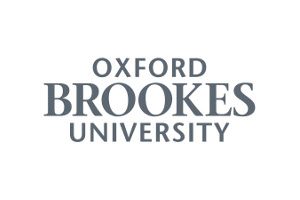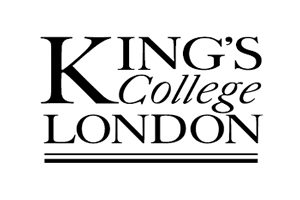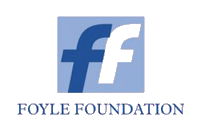Richard Robinson

[Image source: WikiPedia]
(b. 1709, Merton, London – d. Oct. 10, 1794, Bristol, South West, England )
Gender: M
Richard Robinson (1709 - 1794) was the sixth of nine children of William Robinson (1675-1719) of Rokeby Park, Yorkshire, and his wife Anne Walters (1677-1730). He was educated at Westminster School and Christchurch, Oxford.
Robinson went to Ireland in 1751 as chaplain to the Lord Lieutenant, the Duke of Dorset. His rise through the hierarchy of the Church of Ireland was remarkably rapid: he became Bishop of Killala in the year of his arrival, Bishop of Ferns in 1759, Bishop of Kildare in 1761 and finally Archbishop of Armagh and Primate of All Ireland in 1765, when he was 56 years old. He owed his preferment to his connections at the court of King George III; his younger brother, Sir Septimus Robinson, had been Governor of two of the King’s younger brothers, and was a favourite of Princess Augusta, the King’s mother. The see of Armagh was the richest in Ireland, and possibly richer than any in England, with an annual income estimated at £9,000.
Although he did not play an active part in Irish politics, his support for the government in London was sufficient for him to be created Baron Rokeby in the peerage of Ireland in 1774. On the death of his elder brothers without issue, he also became the 3rd Baronet Robinson of Rokeby Park in 1785.
During his first twelve years he was noted as an efficient administrator and legislator, and he applied much of his income to building a new Archbishop’s Palace and public buildings in Armagh, including an infirmary, a prison, a public library and an observatory. He also made the significant gift of £6,000 to Christchurch, his old college, which was used to build the Canterbury quadrangle to designs by James Wyatt.
Robinson was in the habit of spending the long Irish parliamentary recess in England, often accompanied by his brother, Sir William Robinson (1704-1785). Both brothers purported to suffer from ill health, and spent much of their time at Bath and at the hot wells in Bristol. Elizabeth Montagu’s letters record the many visits they paid to her at Sandleford. His absences became more prolonged, and in October 1786 he left Ireland for good, spending the rest of his life in England.
His eldest brother, Sir Thomas Robinson (1703-1777) was the only one of the brothers to marry, but he died without issue. His uncontrolled spending on the rebuilding of Rokeby Park meant that the property had to be sold in 1769 to pay his debts. Richard Robinson spent £60,000 on building a replacement for the family seat in Count Louth in Ireland, and named it Rokeby Hall.
Robinson died at Clifton in Bristol; his body was transported to Ireland and buried in Armagh Cathedral. On his death, his title of Baron Rokeby passed by special remainder to Matthew Robinson Morris, the son of his second cousin Matthew Robinson, who also inherited the Robinson baronetcy. He left him a legacy of £10,000 to purchase a property to replace Rokeby Park, and over £9,000 in other legacies to members and connections of the Robinson family. His principal heir and residuary legatee was Revd. John Freind (1754-1832), son of his sister Grace, whom he had appointed Archdeacon of Armagh. Freind changed his name to Robinson in 1793; he inherited all Robinson’s property in Ireland, including Rokeby Hall, and in 1819 became the 1st Baronet Robinson of Rokeby Hall.
Also known as:
- Archbishop of Armagh
- Primate of All Ireland
- Richard Robinson
- Richard Rt Revd. Robinson
- 1st Baron Rokeby
Authorities
| EMCO Family Trees |
| Oxford DNB DOI |
| VIAF Authority File ID |
| Wikipedia |
Mentioned in 42 letters
No transcribed letters| show transcribed only
Please note that all dates and location information are provisional, initially taken from the library and archive catalogues. As our section editors continue to work through the material we will update our database and the changes will be reflected across the edition.
Browser support: The website works best using the Chrome, Edge, and Firefox browsers on the PC, and only Chrome and Firefox on the Mac.




